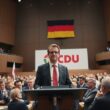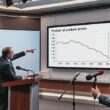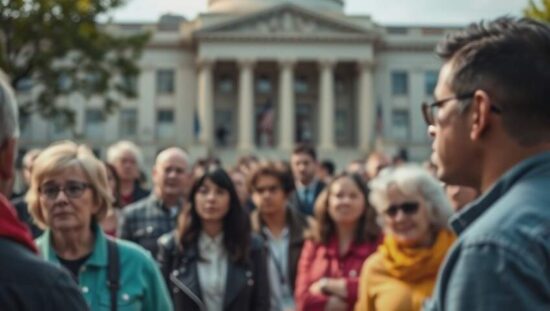Members of Germany’s opposition parties have voiced strong criticism of the federal government’s proposed budget for the current year Dietmar Bartsch, budget spokesperson for the Left Party, described the draft as a “financial labyrinth” and argued it lacks transparency, alleging that budgetary flexibility appears reserved primarily for military expenditure He accused the ruling coalition of failing to deliver on promises, specifically referencing the exemption made to the country’s debt brake solely for increased defense spending
Bartsch expressed disappointment with what he characterized as the coalition’s uncritical acceptance of government proposals and announced his party intends to counter the government’s planned “autumn of reforms” with a period of robust opposition, aiming to protect the nation’s social welfare system He further claimed the chancellery has become a “catchphrase factory” and depicted the budget as built on inaccuracies, failing to stimulate economic growth while offering unchecked support to the arms industry, ultimately increasing pressure on social programs
Sebastian Schäfer, budget policy spokesperson for the Green Party, echoed concerns regarding insufficient investment in crucial areas He highlighted missed opportunities during the period of low interest rates, leading to what he termed “debt in our infrastructure” Schäfer advocated for a “fundamental reform” of the debt brake, a position also supported by Bartsch, who labeled the existing rule a uniquely German “fetish” unsupported by international practice and widely criticized by economists
Schäfer also accused the government of employing accounting maneuvers and warned that cuts to development aid risk damaging Germany’s international reputation The Green Party emphasized the need for increased support for Ukraine, enabled through the debt brake exception for military expenditure He concluded by criticizing the governing parties’ habit of announcing unrealistic figures, stating, “This republic is not Blackrock”





